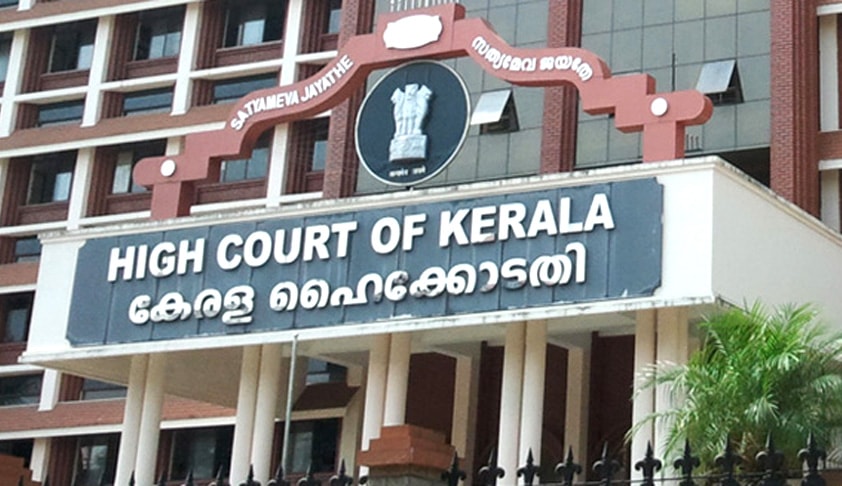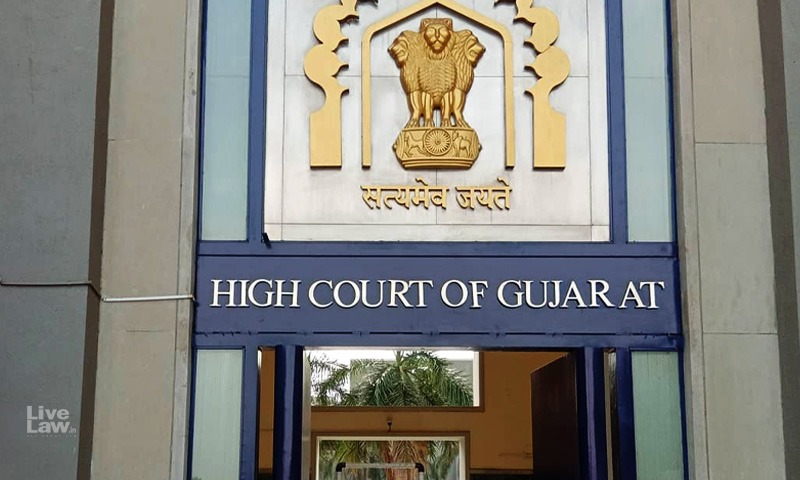@JUDGMENTTAG-ORDER
Debiprasad Sengupta, J.@mdashIn the present application the petitioner has prayed for quashing of proceeding being G.R. Case No. 2719/2000 arising out of Beniapukur P.S. Case No. 216 dated 11-8-2000 u/s 121/121A of the Indian Penal Code.
2. The aforesaid case was registered with Beniapukur police station on the basis of a complaint lodged by the officer-in-charge, Anti-Terrorist-Cell, Special Branch, Calcutta alleging commission of offences punishable u/s 120B/121/121A/153A of the Indian Penal Code. The allegation levelled against the petitioner is that being a member of Harkat-Ul-Muzahidin (HUM) he is the contact man of Abu Sayed, Chief of HUM, Dicca. The petitioner''s telephone number was found in possession of Billal, a Bangladesh National who was arrested at Basirhat on April 25/26, 2000. Said Billal had revealed that the telephone number of the petitioner was given to him by Abu Sayed in Ducca with the information that the present petitioner is the contact man in Calcutta who should be contacted for instructions. Billal also disclosed that the petitioner was rendering financial help to Harkat Cadre and he also facilitated the collaborators of the high jacking of the Indian Airlines Flight No. I.C. 814 (December, 24, 1999) from Nepal. On interrogation it was further revealed that the petitioner is a member of ISI and the banned organisation HUM, which created a strong reasonable suspicion that the petitioner is connected with heinous types of cognizable offences in the country.
3. On completion of investigation charge-sheet was submitted by the investigating agency u/s 121/121A of the Indian Penal Code against the petitioner before the learned Additional Chief Judicial Magistrate, Sealdah. On receipt of the said charge-sheet the learned Magistrate by his order dated 31-10-2000 took cognizance of the offence. After complying with the provision of Section 207 of the Code of Criminal Procedure.
4. On 7-11-2000 the learned Magistrate committed the case to the Court of learned Sessions Judge at Alipore for trial. The learned Sessions Judge by his order dated 22-11-2000 took cognizance of the offence and transferred the case to the Court of learned Additional Sessions Judge, 10th Court, Alipore for disposal.
5. Mr. Sekhar Bose, learned Advocate appearing for the petitioner submits that cognizance of offence was taken by the learned Magistrate on 3110-2000 in violation of the mandatory provision of Section 196(1)(a) of the Code of Criminal Procedure, which provides that no Court shall take cognizance of the offence punishable under Chapter VI or u/s 153A of the Indian Penal Code except with the previous section of the Central Government or of the State Government. Section 121 and 121A of the Indian Penal Code are the offences under Chapter VI of the Indian Penal Code. But no prior sanction was obtained by the Investigating Agency in the present ease before taking cognizance of the offence by the learned Magistrate. So, According to Mr. Bose, the learned Magistrate acted beyond his jurisdiction in taking cognizance of the offence without sanction in violation of the provision of Section 196, Cr. P.C.
6. Mr. Bose further points out that after the ease was committed to the Court of session, the learned Sessions Judge took cognizance of the offence on 22-11-2000 u/s 193 of the Code of Criminal Procedure. The learned Sessions Judge also took cognizance of the offence u/s 193, Cr. P.O. without any sanction as required u/s 196 of the Code of Criminal Procedure.
7. On 6-12-2000 the learned Public Prosecutor of the case filed a petition annexing the original sanction order which was issued by the competent authority on 27-11-2000. On the same day, i.e. on 6-12-2000 an application was filed on behalf of the accused person before the learned Additional Sessions Judge, Alipore praying for discharge from the case on the ground that cognizance of offence was taken without any sanction in violation of the mandatory provision of Section 196, Cr. P.C. The learned Judge by his order dated 12-1-2001 rejected the application filed by the accused petitioner for discharge and fixed date for framing of charge. It is at this stage the petitioner came up for quashing of the proceeding.
8. Mr. Bose, learned Advocate of the petitioner relies on a judgment of the Hon''ble Apex Court reported in
Since the learned counsel for the State fairly states on instructions that no sanction was given in accordance with Section 196(1) of the Criminal Procedure Code to prosecute the appellants for the offence u/s 295A of the Indian Penal Code, we allow this appeal and quash the impugned proceedings. Let the written instructions received by the learned counsel for the respondent State in this regard be kept on record as desired by him.
9. The next judgment relied upon by Mr. Bose is a Division Bench judgment of this Court reported in 1998 Cal Cri LR 469 (Md. Yusuf Rathor v. State of W.B.) while disposing of a bail application is was held by this Court as follows :�
Even if it is accepted that the cognizance in respect of the offences under the statutory provisions is bad in law for want of prior sanction of the appropriate authority yet we will find that in this case the charge-sheet has been submitted u/s 307, IPC also for which no prior sanction is necessary. Therefore even if cognizance in respect of all those sections stand vitiated for want of prior sanction, yet cognizance in respect of Section 307, IPC as mentioned in the charge-sheet will not be affected for that reason alone.
10. Mr. Bose next relies on a judgment of Himachal Pradesh High Court reported in
This offence is of serious nature. Therefore, rightly, Section 196 of the Code of Criminal Procedure requires prior sanction of the Government to institute such like proceedings, in view of this provision (Section 196 of the Code of Criminal Procedure), it can very safely be said that prior sanction by the Government is a sine qua non for initiating proceedings u/s 295A of the Penal Code and failure to do so means that the Court has no jurisdiction to entertain and continue with such proceedings.
11. Mr. Bose next refers to a judgment of the Hon''ble Apex Court reported in
Thus it may be safely held that in the following cases an order of the Magistrate issuing process against the accused can be quashed or set aside :
(1) to (3)...
(4) where the complaint suffers from fundamental legal defects, such as, want of sanction or absence of a complaint by legally competent authority and the like.
12. Mr. Bose refers to another judgment of the Hon''ble Apex Court reported in
13. Relying on the aforesaid decisions it is submitted by Mr. Bose that the entire proceeding is vitiated in absence of requisite sanction as required u/s 196 Cr. P.C. and the instant proceeding should be quashed on this score alone.
14. Mr. Sudipta Moitra, learned Additional Public Prosecutor appearing for the State submits that cognizance of offence was taken without any sanction as required u/s 196, Cr. P.C. But the proceeding cannot be quashed on such ground alone. Mr. Moitra points out. that the learned Sessions Judge took cognizance of the offence on 22-11-2000 and the sanction order was issued by the appropriate authority on 27-11 -2000, i.e. 5 days after the taking of cognizance by the learned Judge. A copy of such sanction order was also supplied to the accused petitioner, Mr. Moitra submits that the present proceeding is at the initial stage and charge has not yet been framed by the learned Judge. It is submitted by Mr. Moitra that even if it is held by this Court that cognizance taken by the learned Additional Sessions Judge is bad for want of sanction, the matter can be sent back to the learned Additional Sessions Judge to proceed afresh from the stage of cognizance u/s 193, Cr. P.C. The learned Judge may be directed to proceed with the matter afresh after taking into consideration the sanction order issued on 27-11-2000. According to Mr. Moitra taking of cognizance of offence initially by the learned Magistrate after submission of charge sheet, although the same was taken without, sanction, cannot be said to suffer from any illegality, because at that stage no application of mind is required by the learned Magistrate, who is only required to see that the package sent to the Court of Session is in order or not, The Magistrate is not required to apply him mind to determine any issue raised or to adjudge whether a person is guilty or not. In support of his contention Mr. Moitra relies on a judgment of the Hon''ble Supreme Court reported in
It is this manifest that in the sphere of the limited functioning of the Magistrate, no application of mind is required in order to determine any issue raised, or to adjudge anyone guilty or not or otherwise to pronounce upon the truthfulness of any version. The role of the Magistrate thus is only to see that the package sent to the Court of Session is in order, so that it can proceed straightway with the trial and that nothing is lacking in content, as per requirements of Sections 207 and 208 of the Code of Criminal Procedure. Such proceedings thus, in our opinion do not fall squarely within the ambit of ''enquiry'' as defined in Section 2(g) of the Code of Criminal Procedure, which defines that "inquiry" means every inquiry, other than a trial, conducted under this Code by a Magistrate or Court", because of the prelude of its being "subject to the context otherwise requiring". As said before, the context requires the proceedings before a Magistrate to be formal, barely committal in that sense, and that any notion based upon the old slate of law of its being an inquiry to which Section 319 could get attracted, has been done away with. Therefore, it would be legitimate for us to conclude that the Magistrate at the stage of Section 209, Cr. P.C. is forbidden to apply his mind to the merit of the matter and determine as to whether any accused need be added or subtracted to face trial before the Court of Session.
15. I have heard the learned Advocates of the respective parties. I have gone through the judgments referred to above. In the present case it appears that cognizance of offence was taken by the learned Additional Sessions Judge on 22-11 -2000 u/s 193 Cr. P.C. On 27-11-2000 Sanction order was issued by the competent authority i.e., only five days after the taking of cognizance by the learned Judge. A copy of such sanction order was also supplied to the accused person. The present case is still at the initial stage. No charge has yet been framed. So, it cannot be said that the accused in prejudiced in any. Had the case been proceeded to a considerable extent, the situation would have been otherwise.
16. In the judgment of the Hon''ble Apex Court in the case of
17. Considering the facts and circumstances of the present case I dispose of this application. The impugned order of taking cognizance dated 22-11 -2000 by the learned Additional Sessions Judge is hereby set aside, The matter is sent back to the learned Additional Sessions Judge, 10th Court, Alipore with a direction to proceed afresh from the stage of taking cognizance of offence after taking into consideration the sanction order which was issued on 27-11-2000.
18. The learned Judge is also directed to proceed with the trial and to conclude the same with utmost expedition. The interim order earlier granted by this Court stands vacated.
19. Let urgent xerox certified copies of order, if applied for he applied to the respective parties at an early date.

